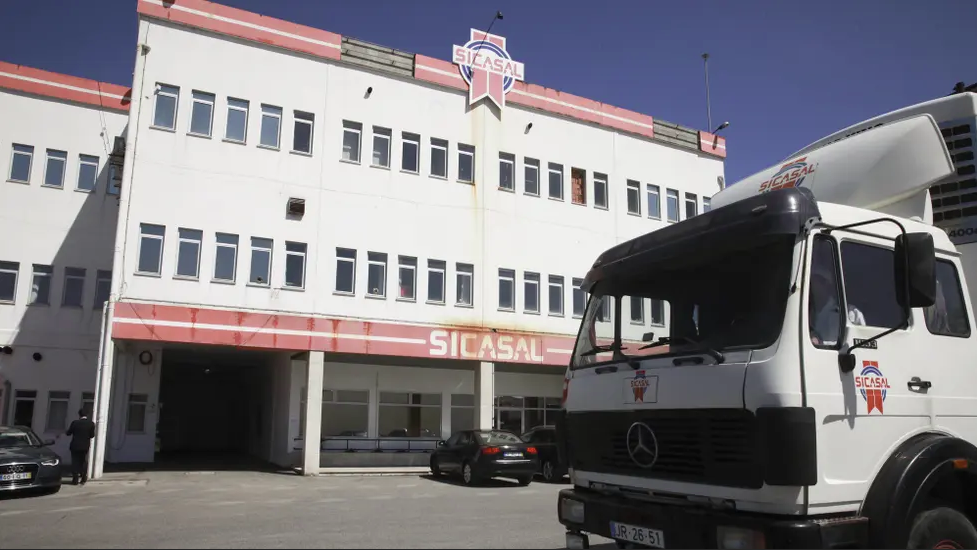"If we look at the area around Porto, the infrastructure was already there, and the help from the region helped us to decide to choose this region", said Maarten Lijftogt, the director of business development at E- tuk.
According to Lijftogt, the option of Lisbon was also on the table, since the company has 600 vehicles in the capital, but the company finally chose Santo Tirso and the factory there which covers over 6,000 square metres.
"I believe that the important thing was the qualified work that there is in the country and the future in lithium is also interesting".
The company's objective, according to the director, is to build a 100% European vehicle and have production returned to the mainland, since having the factory in Thailand entailed high transport costs.
"In the past we paid US$1,600 [about €1,517] for a container, and now we pay US$2,100 [€1,990], so I think price is an important factor", said the company's director, also mentioning that "if you transport all the parts of a vehicle and the vehicles, there is a lot of pollution involved".
The development department remains in the Netherlands and Bangkok, the Thai capital, will be the battery hub for business in the Asian market.
The "Portuguese factory will manage the total production of electric vehicles, including body parts, battery assembly and integration with its telematics system, with production expected to be 500 units by the end of this year, 1,200 units in 2023 and 2,000 units in 2024", says E-tuk Factory in a statement.
According to Maarten Lijftogt, the E-tuk exports to countries such as France, Germany, Italy and the United Kingdom, mainly for the tourist market.















